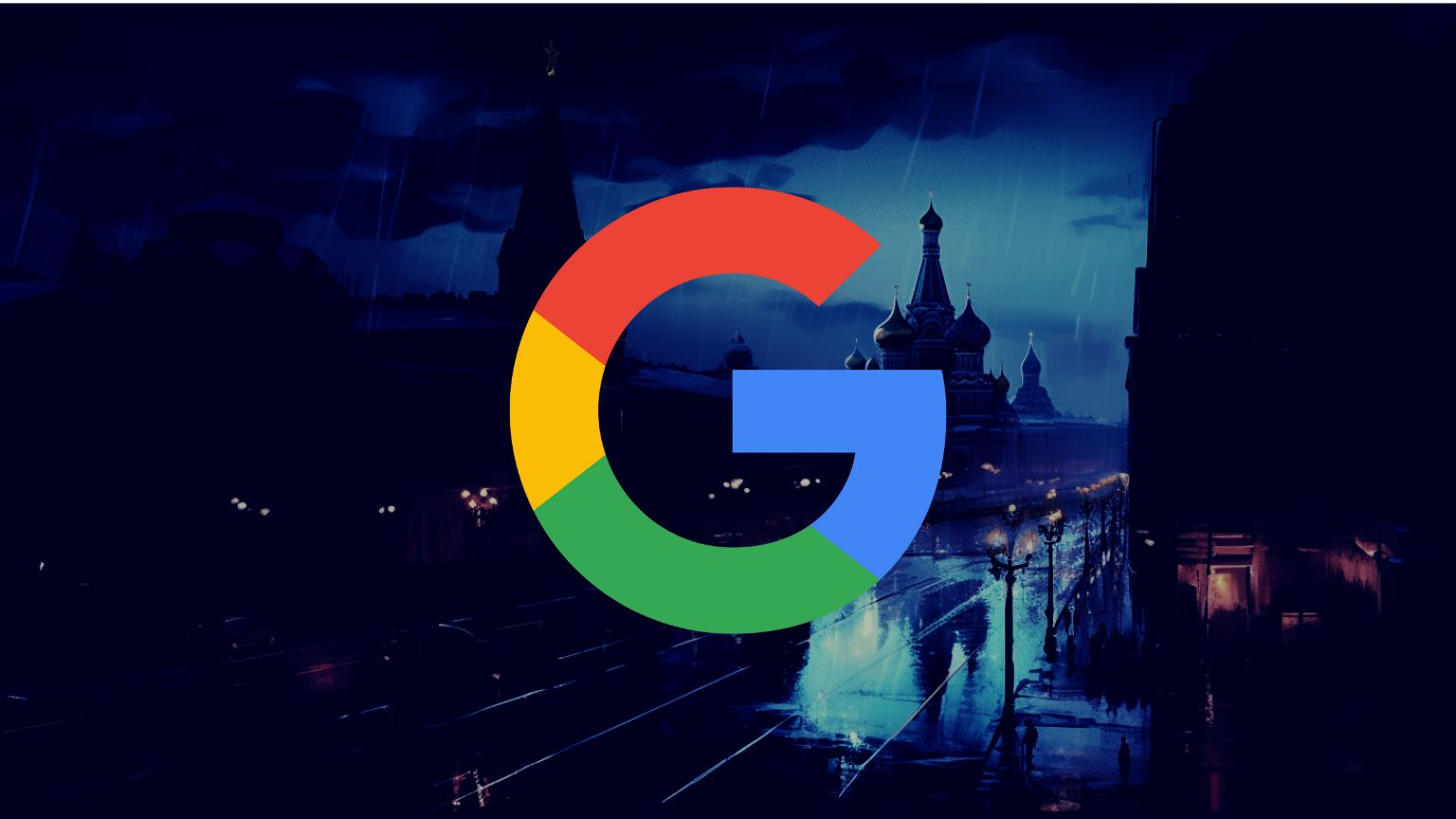In a recent move illustrating the growing suppression of free speech in the digital sphere, Russia slapped a fine of 3 million rubles (equivalent to around $31,000) on Google for failing to comply with the Russian state’s censorship demands. The internet giant has been accused by a Moscow court of refusing to delete content that Russian authorities have deemed “false” regarding their military operations in Ukraine, according to state-controlled news outlet TASS.
This decision articulates the rising conflict between the Russian government’s intensifying attempts to enforce online narratives, especially amid the escalating crisis in Ukraine.
Google is not isolated in attracting the ire of Russian authorities. The burgeoning propensity for censorship is substantiated by the recent fines imposed on various online platforms including Reddit, Apple, and even Wikipedia.
Big Tech juggernaut Apple, and the free encyclopedia, Wikipedia, have also been hit by monetary fines by a court in Russia. A justices’ council imposed penalties on the companies for allegedly disseminating what the Russian authorities termed as “misinformation” regarding the military operations in Ukraine.
The Wikimedia Foundation was accused of retaining content on the Russian-language Wikipedia that, according to the Russian state, disseminated “misinformation” and tarnished the reputation of Russia’s military activities in the Ukraine conflict.
Apple was also not immune to the censorship efforts, incurring a fine of 400,000 rubles for not discontinuing podcasts and applications thought to be promoting similar “misinforming” discourse.
In yet another maneuver to control information, the Russian state-endorsed rival to Wikipedia, “Ruwiki,” sprouted in July.
Previously one of Wikipedia’s top Russian editors, Vladimir Medeyko, orchestrated the launch of Ruwiki by repurposing Wikipedia’s 1.9 million existing Russian articles into a format that meets Kremlin’s approval.










